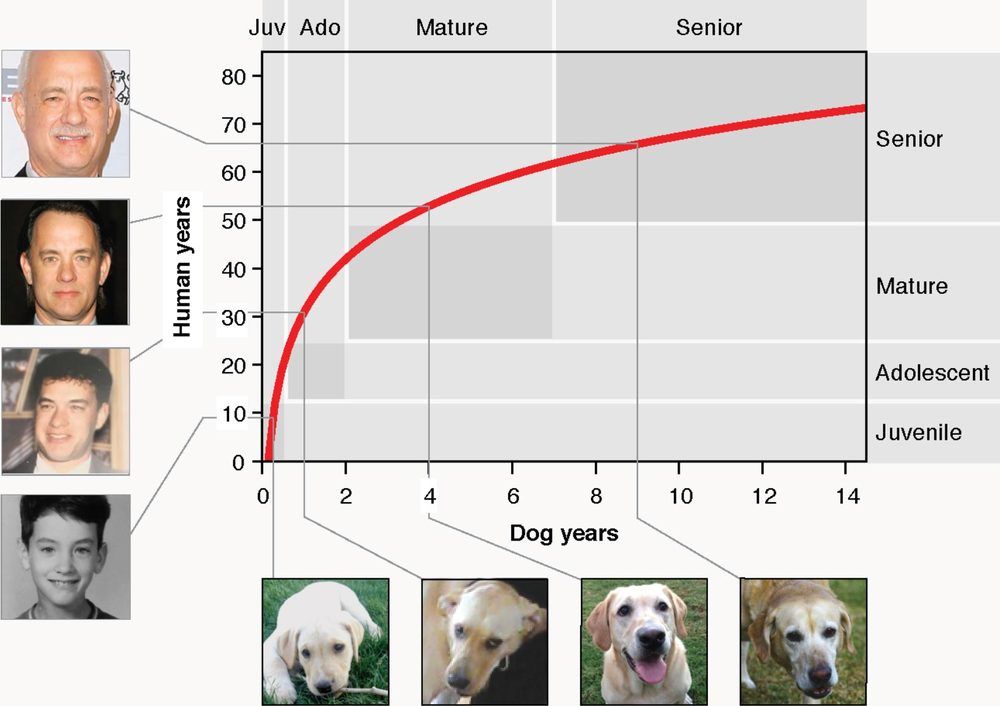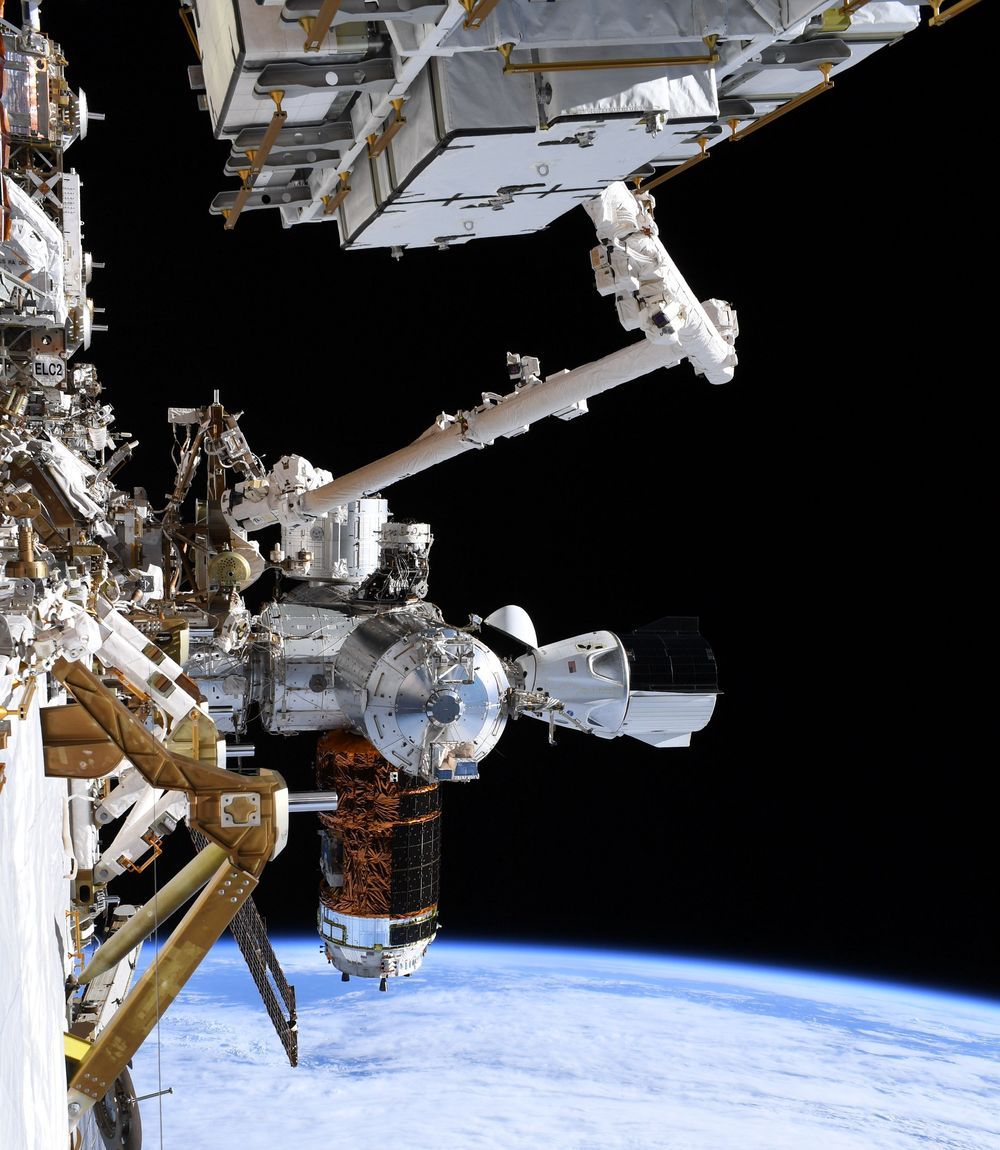In a world’s first, researchers in France and the U.S. have performed a pioneering experiment demonstrating “hybrid” quantum networking. The approach, which unites two distinct methods of encoding information in particles of light called photons, could eventually allow for more capable and robust communications and computing.
Similar to how classical electronics can represent information as digital or analog signals, quantum systems can encode information as either discrete variables (DVs) in particles or continuous variables (CVs) in waves. Researchers have historically used one approach or the other—but not both—in any given system.
“DV and CV encoding have distinct advantages and drawbacks,” says Hugues de Riedmatten of the Institute of Photonic Sciences in Barcelona, who was not a part of the research. CV systems encode information in the varying intensity, or phasing, of light waves. They tend to be more efficient than DV approaches but are also more delicate, exhibiting stronger sensitivity to signal losses. Systems using DVs, which transmit information by the counting of photons, are harder to pair with conventional information technologies than CV techniques. They are also less error-prone and more fault-tolerant, however. Combining the two, de Riedmatten says, could offer “the best of both worlds.”








